President Ferdinand R. Marcos Jr. (PBBM), with the Department of Information and Communications Technology (DICT), launched the National Fiber Backbone Phase 1 to enhance internet connectivity across various provinces, government offices, and data centers in the country.

During the launch in Pasay City, President Marcos reiterated his vision of improving internet access to create a more digitally-improved Philippines. He highlighted the importance of fast, reliable, and affordable internet services, along with equipping government agencies with modern information technology tools.
The government, through the Department of Information and Communications Technology (DICT), established the National Broadband Program (NBP) to provide necessary interventions, policies, and infrastructure for remote areas to access modern connections.
President Marcos emphasized the internet’s role in trade, communication, and community transactions, stating that it supports economic growth and development. He believes investing in fast and reliable internet will help Filipinos reach their full potential.
The National Fiber Backbone Phase 1, spanning 1,245 kilometers with 28 nodes from Laoag to Quezon City, has an initial 600 Gbps optical spectrum capacity. It aims to serve government needs and communities along the route, including provinces in Northern and Central Luzon, government data centers, and ecozones.
The completion of Phase 1 will enhance operational efficiency for 346 national and local government offices connected to GovNet and provide internet access to approximately 750,000 beneficiaries in certain regions.
President Marcos acknowledged the efforts of DICT, private partners, and public sectors involved in the project and looked forward to completing five more phases by 2026.
He emphasized the project’s potential to increase internet penetration and lower prices, which will open employment opportunities, improve market efficiency, attract foreign investments, and stimulate livelihood opportunities.
President Marcos called on concerned agencies to spread these initiatives across the Philippines, especially to those without internet access. He urged persistence in pushing boundaries to ensure every Filipino is empowered in the digital era.
Discover more from WalasTech
Subscribe to get the latest posts sent to your email.
Get the latest from WALASTECH directly on your Google feed.
Add as a preferred source on Google





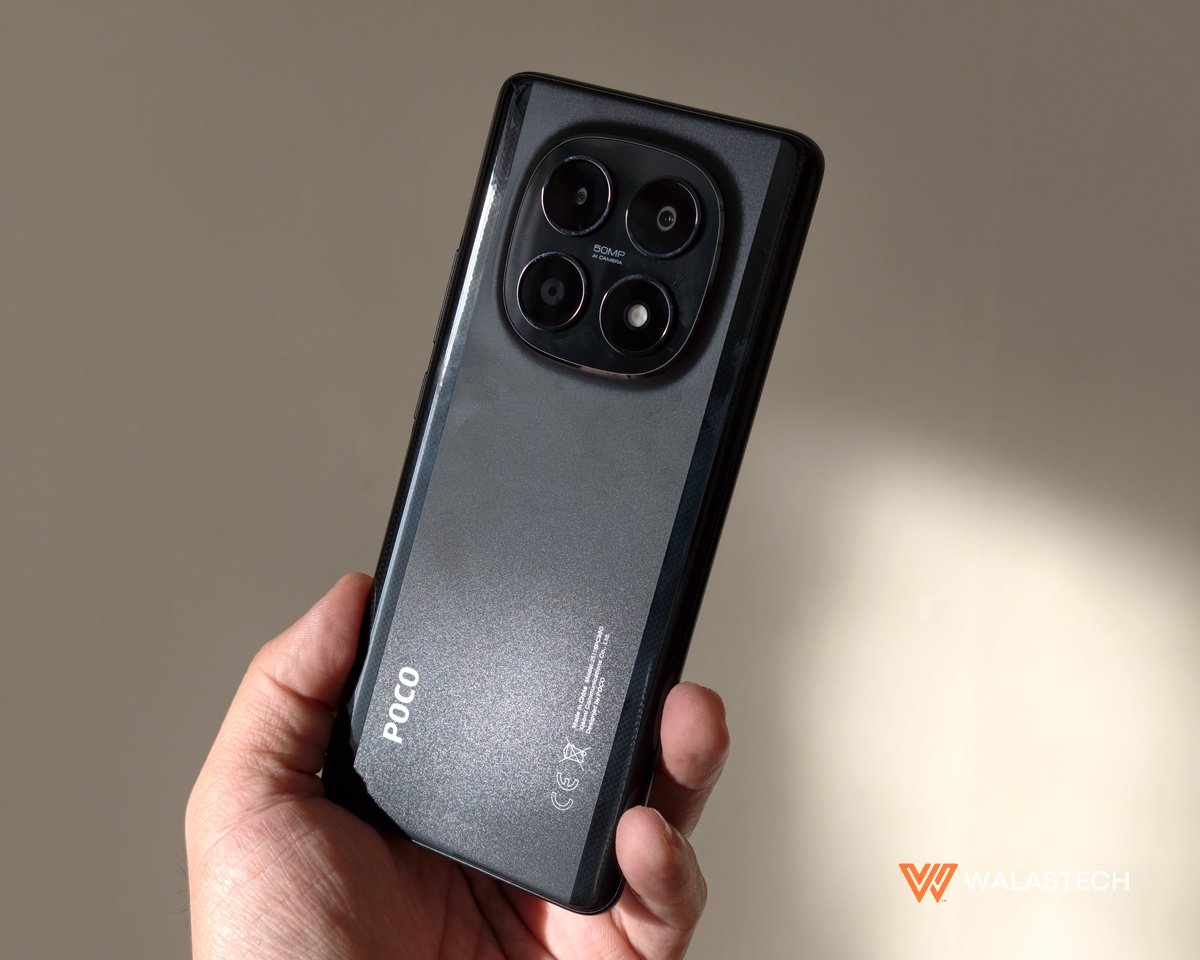

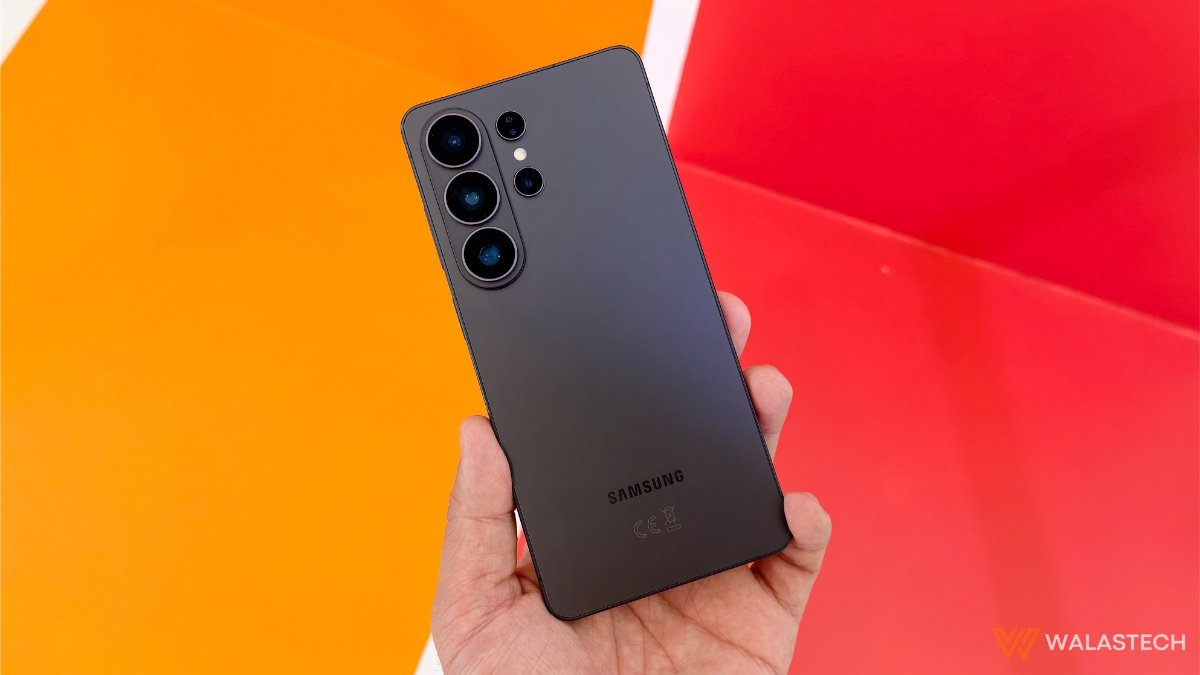
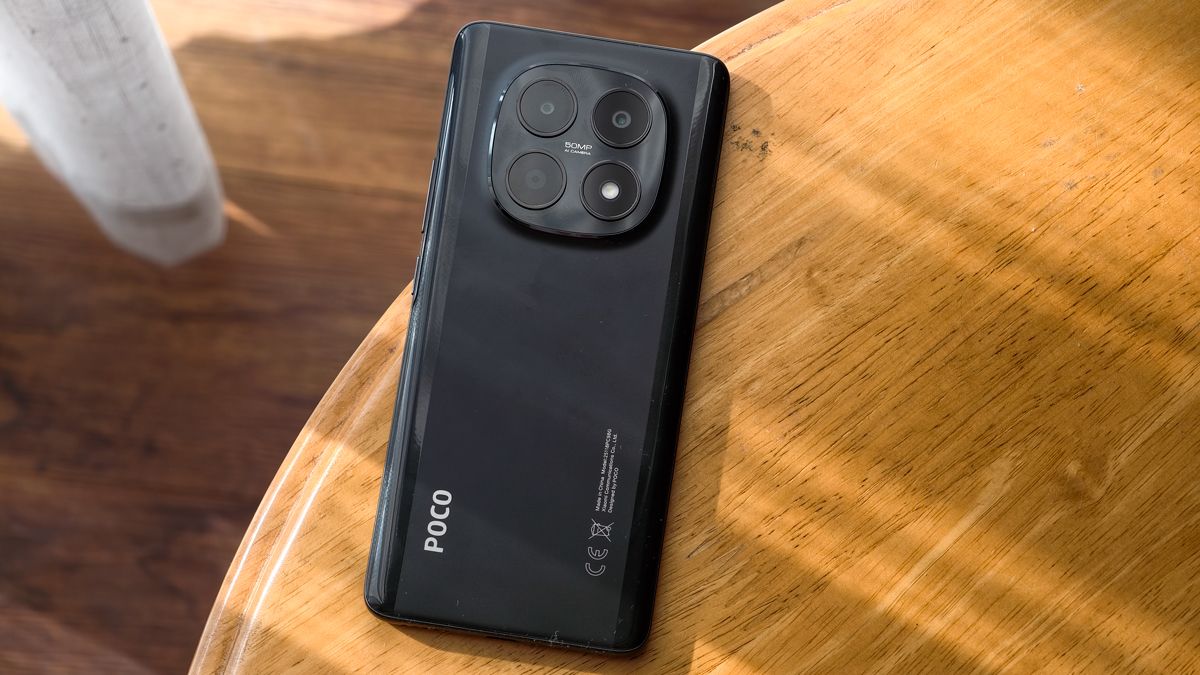

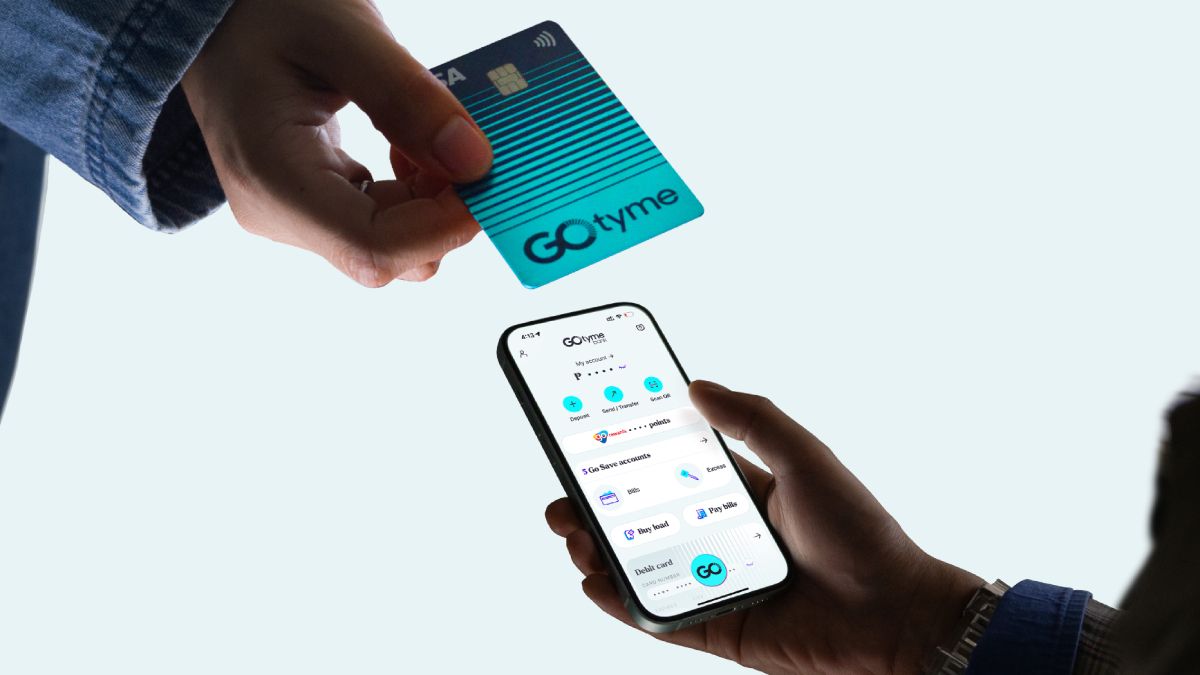








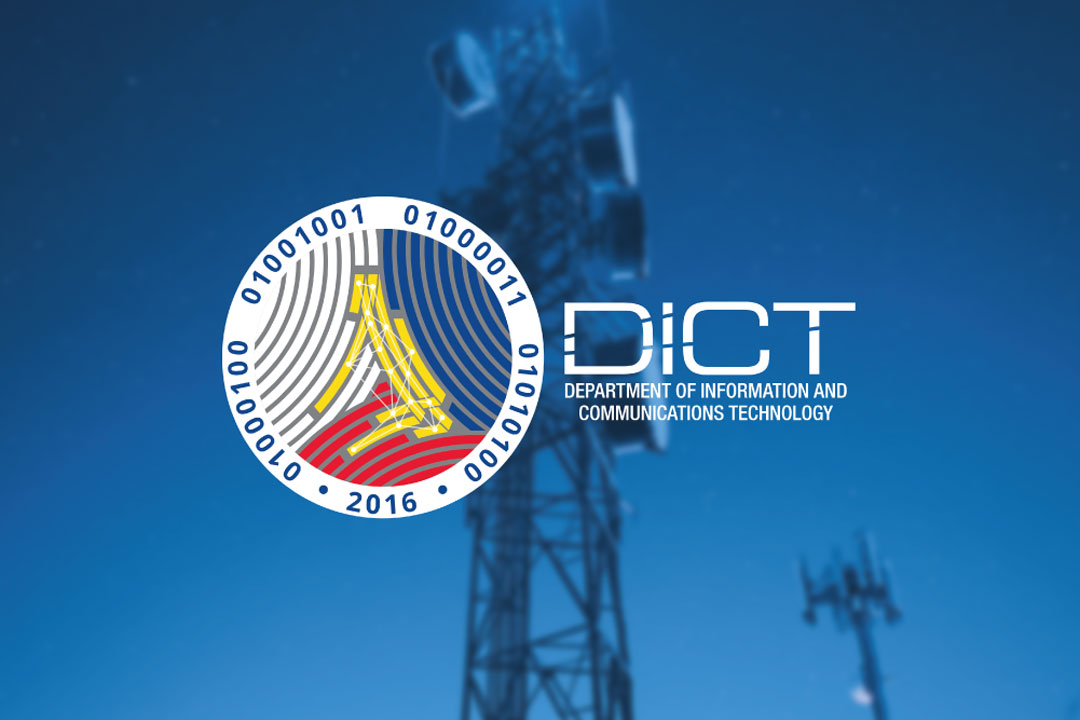

Leave a Reply